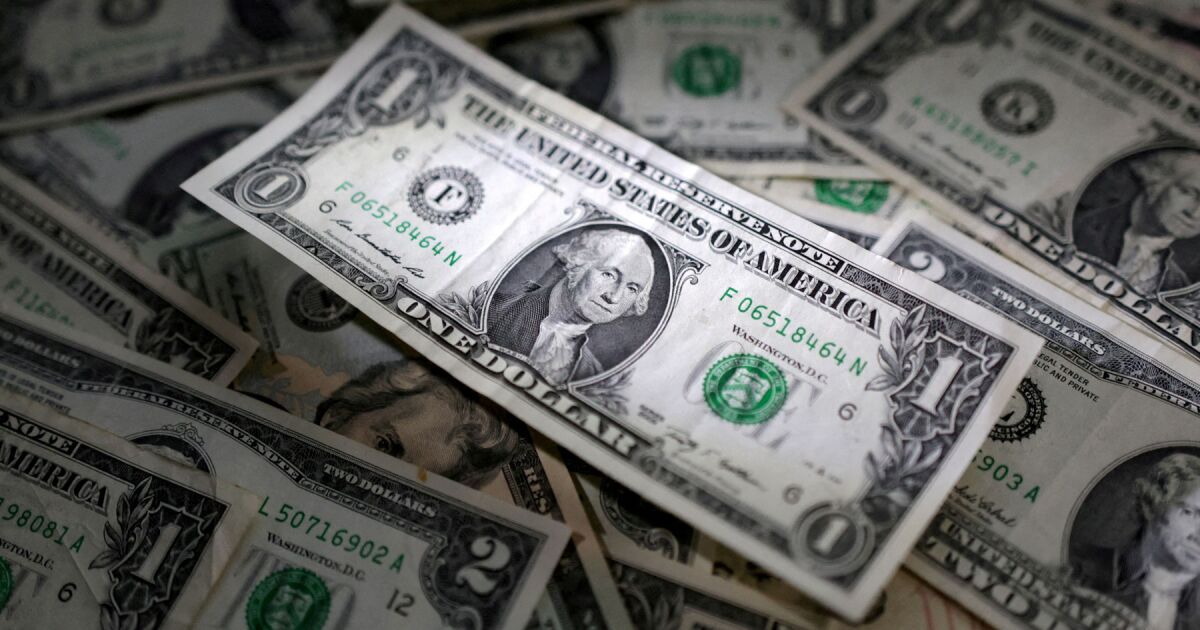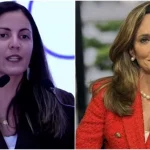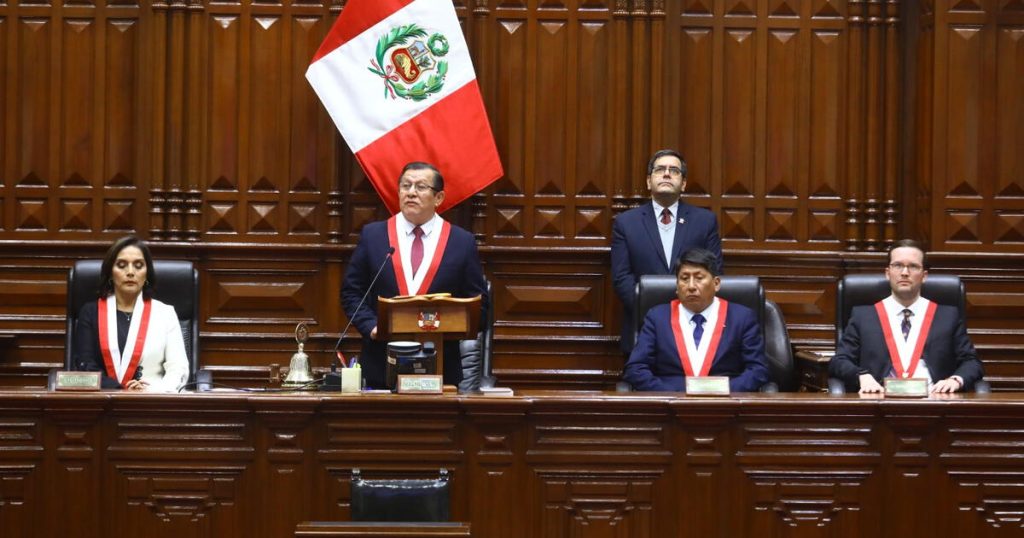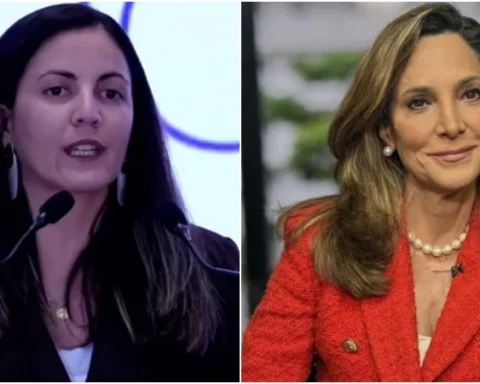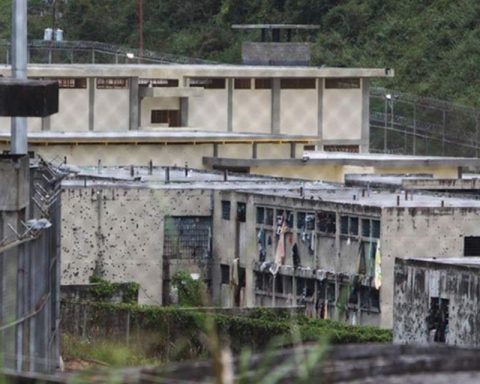Economists predict that Trump’s plan to impose across-the-board 10% tariffs on imported goods — and even higher rates on Chinese goods — would trigger a one-time spike in inflation, and that deportations would push up workers’ wages, adding to the pressure.
An Oxford Economics model that analyzes candidates’ likely policy stances, for example, predicts that under a second Trump administration, a measure of inflation that excludes food and energy prices and is monitored by the Federal Reserve would peak at 0.3 to 0.6 percentage points higher than would be expected under current budget policy.
The forecast compares with a possible excess inflation of 0.1 to 0.2 percentage points under a Democratic administration led by Vice President Kamala Harris, the nominee now that President Joe Biden has dropped out of the race. Oxford and others see Harris largely continuing Biden’s economic policies.
Differences
A price rebound would be a setback for the Federal Reserve, which has been on the cusp of quelling inflation that has reached its highest level in a generation and is now retreating toward the central bank’s 2% target. Markets are now anticipating a rate cut in September, with others to follow.
“Trump’s economic program is inherently inflationary,” said Mark Sobel, U.S. chairman of the Official Monetary and Financial Institutions Forum and a veteran of the U.S. Treasury Department under Democratic and Republican presidents.
“Much higher tariffs, expansionary fiscal policy and mass deportation of immigrants: All of these factors would combine to push inflation and interest rates higher than they would otherwise be,” he added.
Diane Swonk, chief economist at KPMG US, said in a note that Trump’s tariff hike coupled with a “sharp” curb on foreign worker inflows will lead to “a spike” in inflation that will likely force the Fed to keep rates at current levels for “much longer.”
The Biden-Harris approach to trade “remains a far cry from what Trump has been proposing with respect to tariff policy,” said Oscar Munoz, chief U.S. macro strategist at TD Securities. Under the “surgical” trade measures anticipated from a Harris administration, he said, “we do not anticipate those policies to pose a significant risk to our inflation and growth forecasts.”
